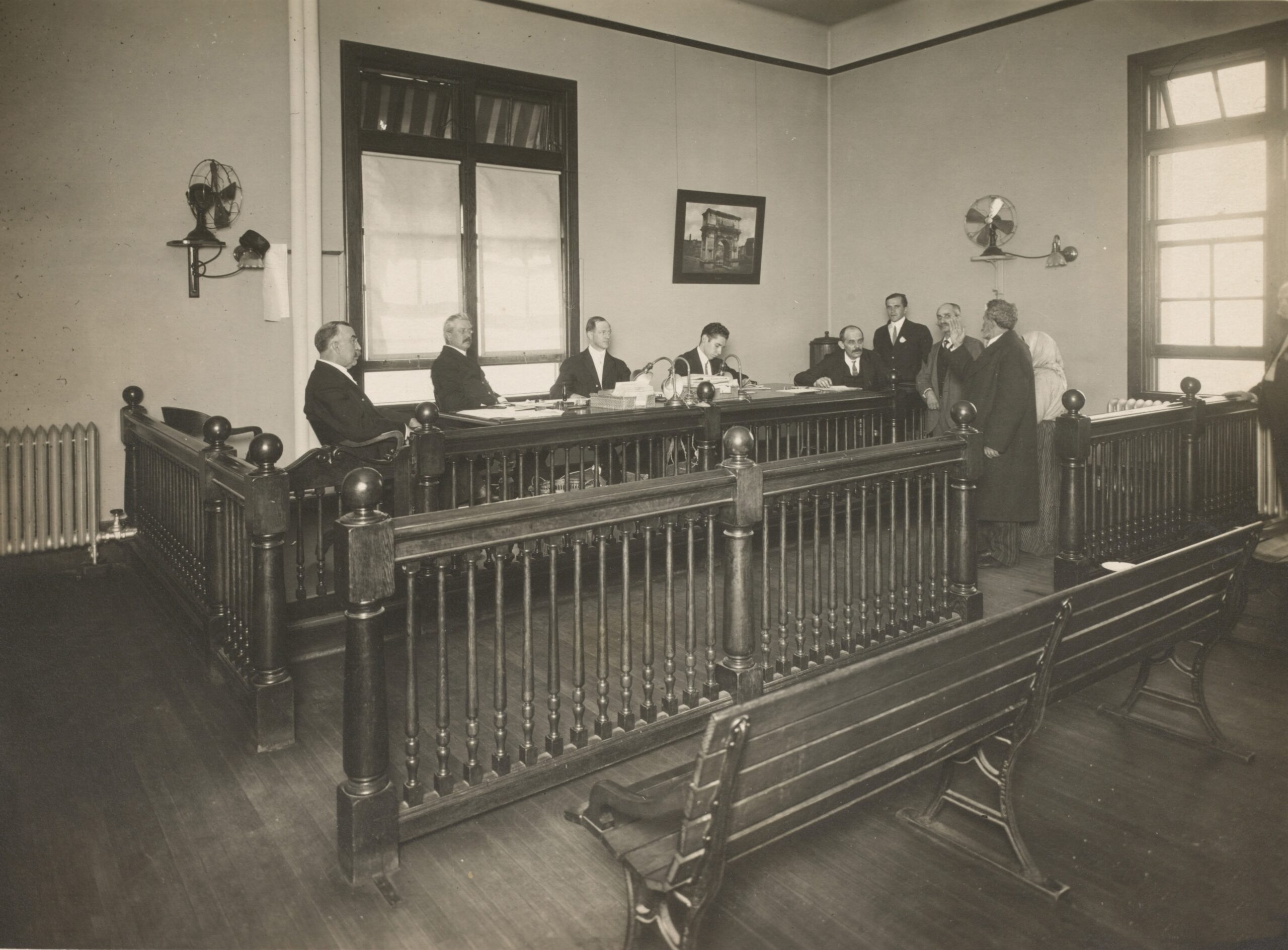There are several differences between appeals and a writs of habeas corpus. The basic difference is found in the reason why you are using the appellate process. Appeals are used to correct errors that occurred during the case. The appellate courts only consider what they can find within the court file. They will not consider any new evidence. If you think that the trial judge, defense lawyer, or prosecutor made some legal error during the course of the criminal case, then you will want to file an appeal. An appeal is not used if you just want to take another shot at proving innocence in front of a jury or judge.
A writ of habeas corpus can be used if you want the appellate court to consider “new” evidence that the trial judge might not have heard. The habeas petition is for situations where a legal error occurred outside of the evidence that was presented at trial. A successful habeas petition requires a showing that the legal error that occurred actually resulted in a loss of the defendant’s rights.
It is often difficult to know whether an appeal or writ of habeas corpus is appropriate in any given case. If you or a loved one is considering post-conviction relief then it would be very wise to consult a knowledgeable criminal defense lawyer who handles appeals and writs of habeas corpus. At Wallin & Klarich, our attorneys have over 30 years of experience in handling all types of criminal matters. Our attorneys have extensive knowledge of the appellate process. Call us today at (888) 280-6839 or visit us on our website at www.wklaw.com. We will be there when you call.
Los Angeles County
Los Angeles | Long Beach | Glendale | Santa Clarita | Lancaster | Palmdale | Pomona | Torrance | Pasadena | West Covina | Carson | Santa Monica | Whittier | Lakewood | Redondo Beach | Arcadia | Diamond Bar | Glendora | Cerritos | La Mirada | Rancho Palos Verdes | Culver City | Manhattan Beach | Claremont | Beverly Hills | San Dimas | Walnut | Calabasas | Hermosa Beach | El Segundo | Palos Verdes Estates | Malibu
Orange County
Santa Ana | Anaheim | Irvine | Huntington Beach | Garden Grove | Orange | Fullerton | Costa Mesa | Mission Viejo | Westminster | Newport Beach | Buena Park | Lake Forest | Tustin | Yorba Linda | San Clemente | Laguna Niguel | La Habra | Fountain Valley | Anaheim Hills | Placentia | Rancho Santa Margarita | Aliso Viejo | Cypress | Brea | Stanton | San Juan Capistrano | Dana Point | Laguna Hills | North Tustin | Seal Beach | Ladera Ranch | Laguna Beach | Laguna Woods | La Palma | Coto de Caza | Los Alamitos | Rossmoor | Midway City | Las Flores | Villa Park
Riverside County
Riverside | Moreno Valley | Corona | Temecula | Murrieta | Jurupa Valley | Indio | Hemet | Menifee | Perris | Eastvale | Cathedral City | Palm Desert | Lake Elsinore | Palm Springs | La Quinta | Coachella | San Jacinto | Beaumont | Wildomar | Banning | Norco | Desert Hot Springs | Blythe | Rancho Mirage | Canyon Lake | Calimesa | Indian Wells
San Bernardino County
San Bernardino | Fontana | Rancho Cucamonga | Ontario | Victorville | Rialto | Hesperia | Chino | Chino Hills | Upland | Apple Valley | Redlands | Highland | Colton | Yucaipa | Montclair | Adelanto | Twentynine Palms | Loma Linda | Barstow | Yucca Valley | Grand Terrace | Big Bear Lake | Needles
San Diego
San Diego | Oceanside | Escondido | Carlsbad | Vista | San Marcos | Encinitas | Solana Beach | El Cajon | Santee | Poway | La Mesa | Del Mar
Ventura
Oxnard | Thousand Oaks | Simi Valley | Ventura | Camarillo | Moorpark | Santa Paula | Port Hueneme | Fillmore | Ojai



